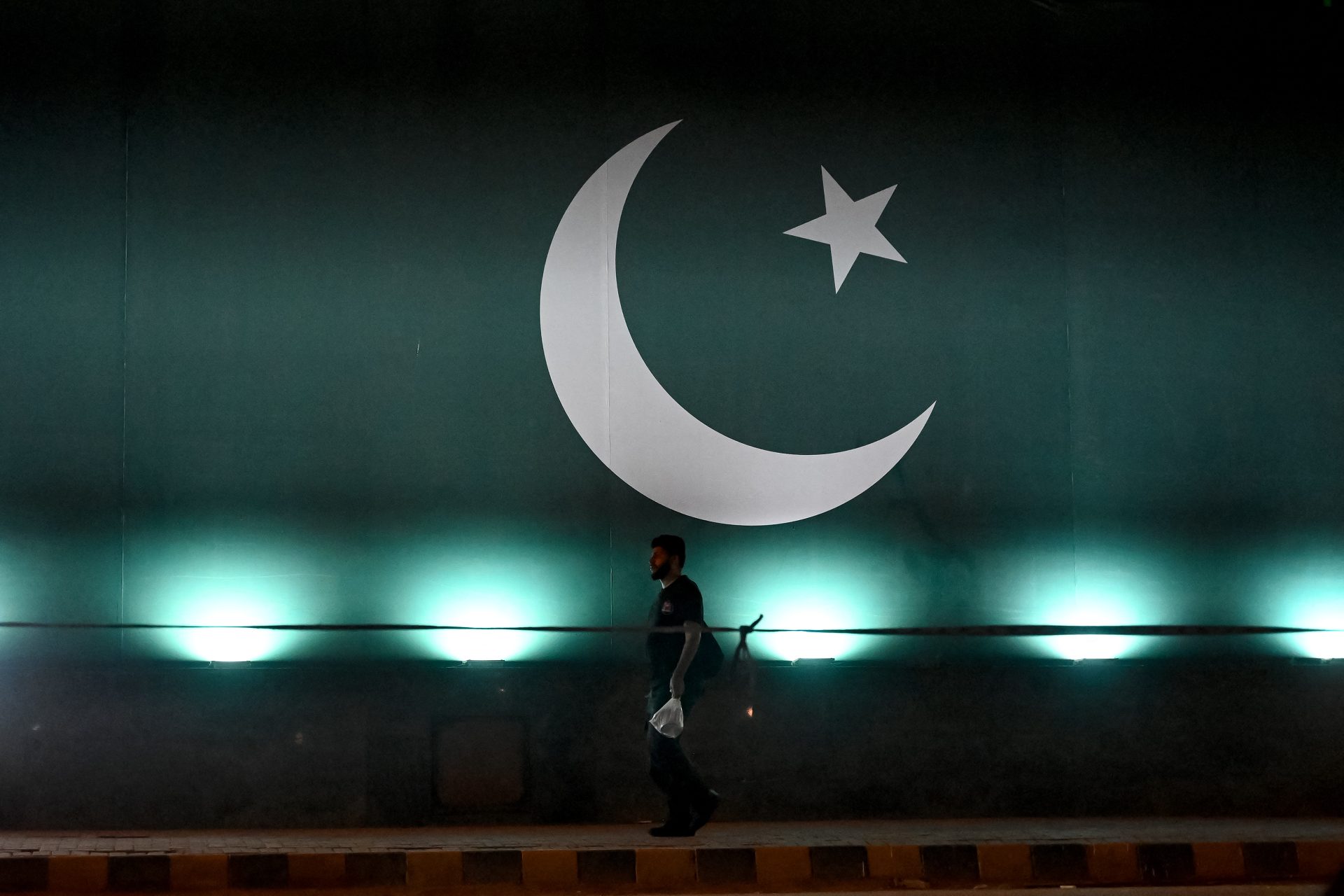The recent killing of a Muslim man accused of blasphemy while in police custody has sent shockwaves through Pakistan, particularly among the country’s Christian community.
Church leaders and human rights activists condemned the killing, which occurred on September 12 at a police station in Quetta, the capital of Balochistan Province.
The victim, Abdul Ali, was arrested a day earlier for allegedly posting a video on social media deemed disrespectful to the Prophet Muhammad.
Ali was charged under Pakistan’s controversial blasphemy law, specifically Section 295-C, which carries the death penalty for blaspheming the prophet.
Tensions escalated quickly when a mob, reportedly led by members of extremist groups Tehreek-e-Labbaik Pakistan (TLP) and Jamiat Ulema-e-Islam-Fazl (JUI-F), surrounded the Kharotabad police station, demanding Ali be handed over.
The Christian Daily International reported that he mob even hurled a grenade into the police station, though no one was injured.
Police, fearing for Ali’s safety, transferred him to the more secure Cantonment police station. However, shortly afterward, a police constable, identified as Saad Khan Sarhadi, allegedly shot and killed Ali using his personal pistol.
Sarhadi was arrested immediately, but members of the TLP and JUI-F hailed him as a hero, calling him a “Ghazi” or victorious warrior.
Local residents were seen visiting Sarhadi’s home, offering support and presenting flowers to his parents.
The killing has drawn strong parallels to the 2011 assassination of Punjab Governor Salmaan Taseer by his police bodyguard, Mumtaz Qadri, who opposed Taseer’s criticism of the blasphemy laws.
Qadri was later convicted and executed, but his actions continue to inspire extremist violence in Pakistan.
Church leaders have expressed deep concern over the incident. Bishop Azad Marshall, president of the Church of Pakistan, emphasized the dangerous implications of extrajudicial killings.
“The societal approval of extrajudicial actions not only undermines the judicial process but also fuels a cycle of violence where accusations of blasphemy can lead to immediate and deadly consequences, bypassing due process,” he said.
Marshall warned that the glorification of such murders would only encourage further misuse of the country’s harsh blasphemy laws, which have disproportionately affected minority communities, particularly Christians.
Human rights organizations have also voiced their alarm. Christian Solidarity Worldwide (CSW) called on the Pakistani government to take immediate action to curb the misuse of blasphemy laws and protect vulnerable citizens.
“Regardless of the accusations against him [Ali], it was the duty of the police to protect him, and thus it is extremely worrying that he was shot and killed while in custody,” CSW President Mervyn Thomas said.
Samson Salamat, chairman of the Rwadari Tehreek, emphasized the need for comprehensive reforms to combat violent extremism.
He noted that his organization has developed a policy paper with recommendations aimed at promoting nonviolence through legal reforms, education, and community engagement.
Pakistan’s blasphemy laws have been widely criticized for being used to settle personal disputes and for inciting violence.
Human rights groups report that since January, at least seven people accused of blasphemy have been killed by individuals or mobs. Over the past three decades, 94 people have been murdered over blasphemy accusations.
The latest killing comes amid increasing concerns about religious extremism in Pakistan. In August 2023, several churches and homes belonging to Christians were attacked in Jaranwala following blasphemy allegations.
In May, a 75-year-old Christian man, Nazeer Masih Gill, was lynched in Sialkot over similar accusations.
Pakistan ranks seventh on Open Doors’ 2024 World Watch List of the most dangerous places for Christians, underscoring the dire situation for religious minorities in the country.







